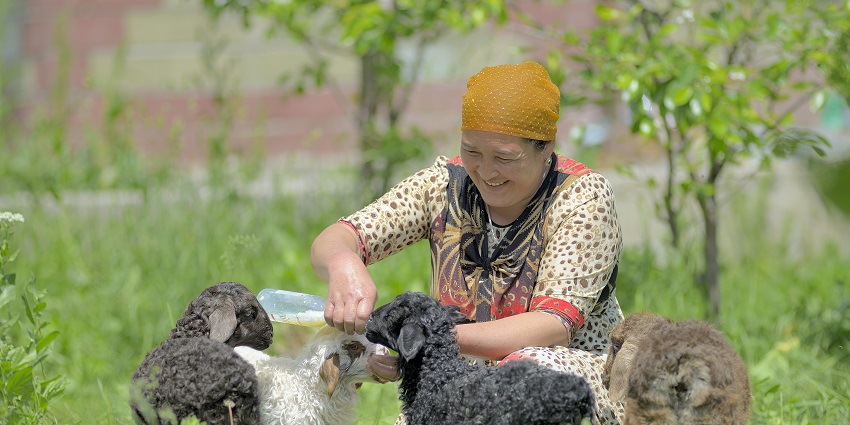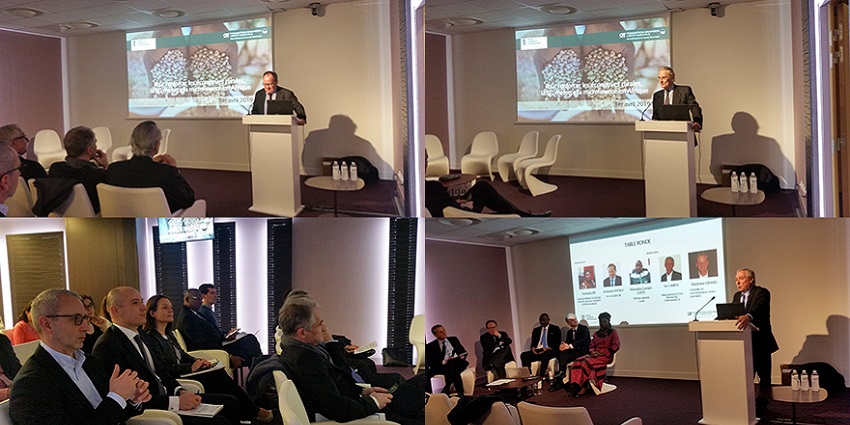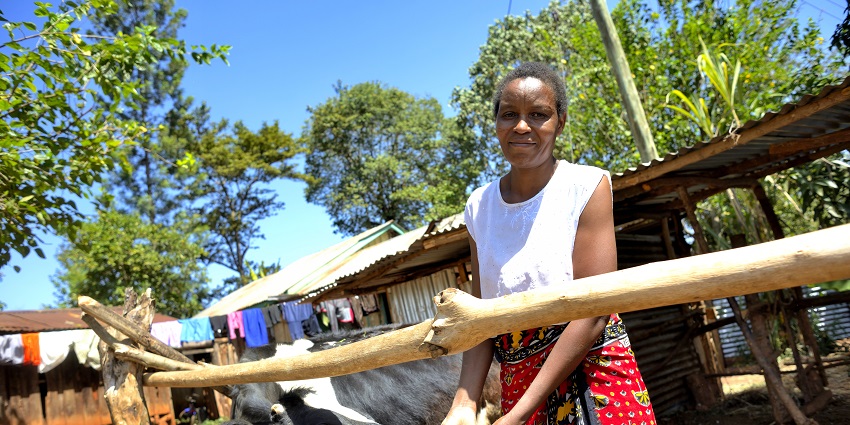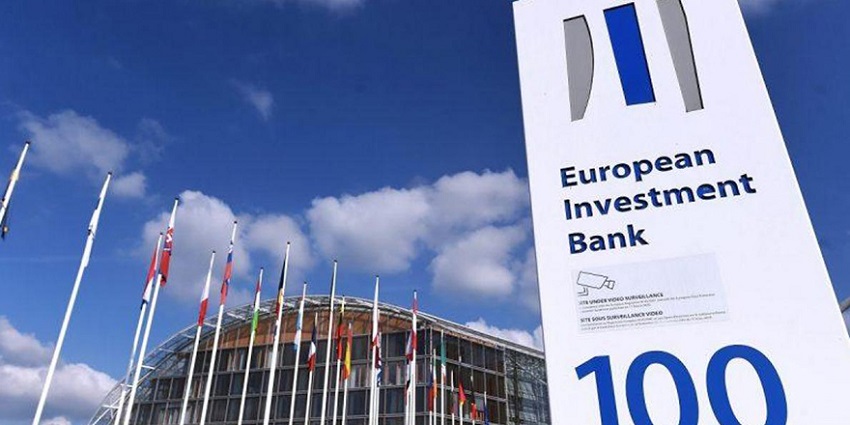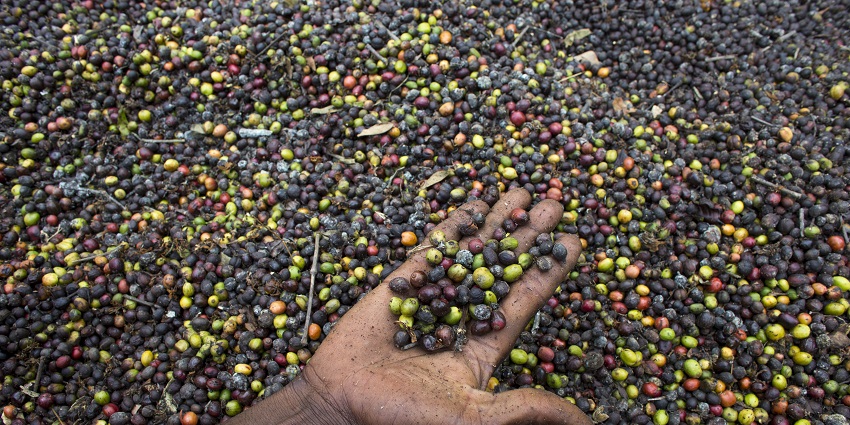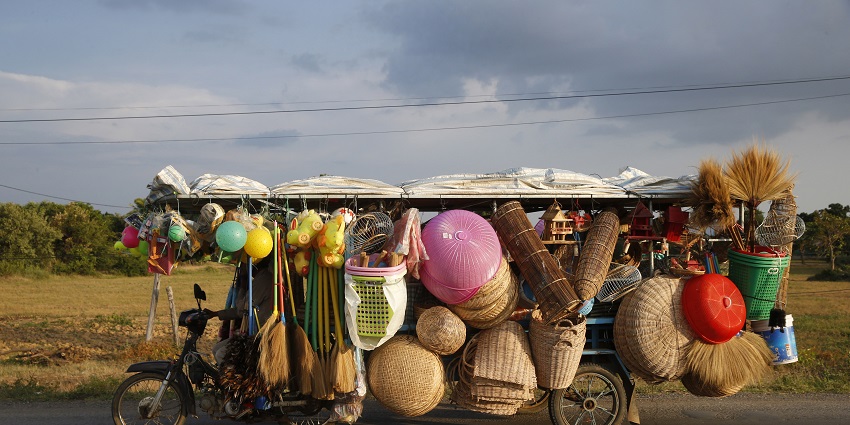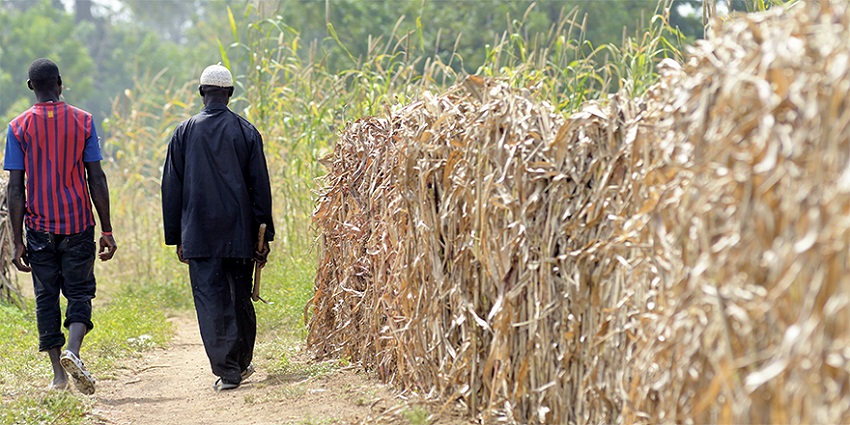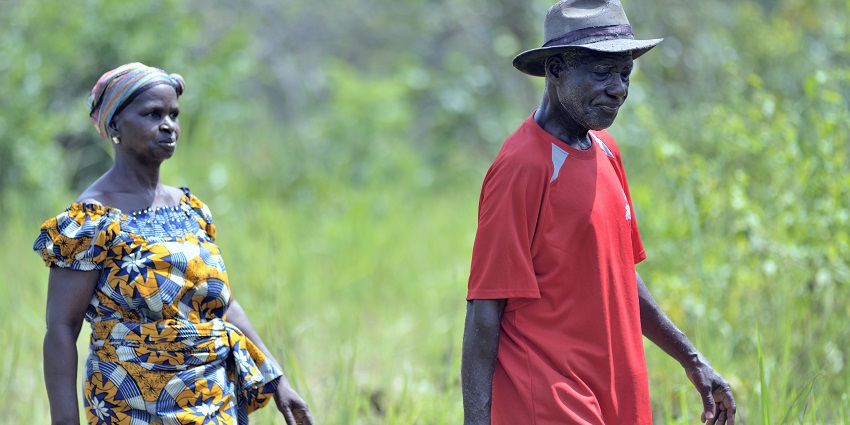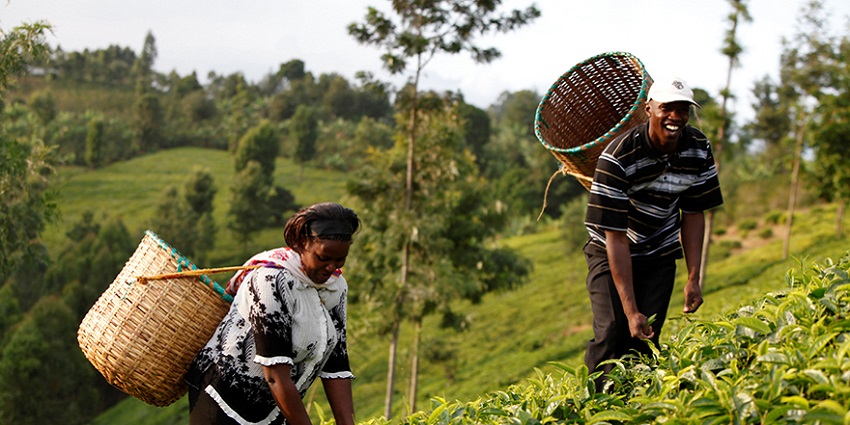Inclusive Finance at Harvard Business School
By Hélène Keraudren Baube, Grameen Crédit Agricole Foundation

© Harvard Business School
Led by Harvard Business School and ACCION, the Strategic Leadership in Inclusive Finance Program is an intensive five-day course designed to reflect on the sector's progress and challenges. This year, Hélène Keraudren-Baube, Administrative and Financial Director of the Grameen Crédit Agricole Foundation, had the opportunity to participate thanks to a scholarship awarded by InFiNe Luxembourg. Here's a look back at this immersive week.
There were around sixty of us participants, from all continents and, above all, from varied backgrounds: microfinance practitioners, investors and donors, financial service providers, regulators, etc. The program is structured around a series of case studies and guided discussions, with a very large place given to digital finance – a theme that has now become essential for microfinance institutions.
Day 1: Financial inclusion in question
Our first working session aimed to introduce the topic of financial inclusion with case studies on public-private partnerships led by Mastercard in South Africa and Nigeria. Mastercard introduced its cards into government programs to, in the South African case, help dematerialize the payment of government benefits, and in the Nigerian case, provide ID documents to people who did not have them. However, in South Africa, most customers continue to prefer cash and see no real benefit from having a card. In Nigeria, very few people have sought out ID cards, as the process of obtaining them was quite cumbersome and tedious. We thus come to see that pushing technology does not lead to financial inclusion: for inclusion to be effective, solutions must be tailored to end users.
Day 2: Changes in the microfinance sector
Our second day of work focused on the changes we are observing in the traditional microfinance sector. In some markets, such as Peru, we are seeing a shift towards mergers and acquisitions between microfinance institutions. In others, such as Bolivia, we are seeing microfinance institutions having to adapt to regulatory changes. More recently, we are seeing the arrival of digitalization as a new phenomenon to which MFIs must adapt: how is technology affecting internal processes, product distribution, payments, and credit scoring? An interesting discussion that also raised other questions: Are client needs still a priority? Is client interaction preserved?
Day 3: What are the prospects for fintechs?
We continued our training with another series of cases on the arrival of Fintechs in the landscape. We studied an Indian system, where mobile payment providers are growing so much that they have replaced cash in many daily transactions. The corollary is that, in doing so, these operators are collecting masses of data on their customers, leading us to ask ourselves: while creating a digital footprint may seem like a good thing, how can we ensure the responsible use and processing of customer data? In China, we examined a peer-to-peer platform created to allow individuals to finance micro-entrepreneurs. The platform managed to grow very quickly and reach millions of people, going far beyond its initial model. How should we regulate such platforms, which have proliferated in China in recent years?
Fintechs are therefore emerging as disruptors of inclusive finance because they create unprecedented opportunities. They are changing the ecosystem and are capable of evolving rapidly, but if we want Fintechs to be part of financial inclusion, we must put customers at the center of our concerns.
The detailed report by Hélène Keraudren Baube is available on the InFiNe Luxembourg website.

